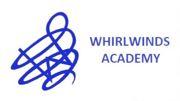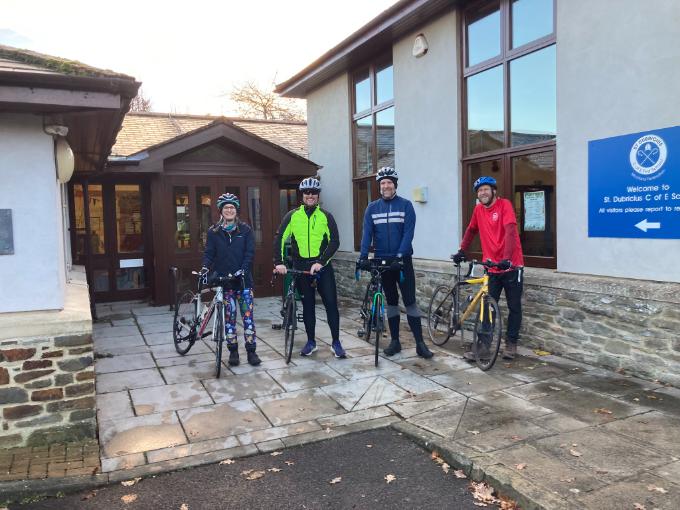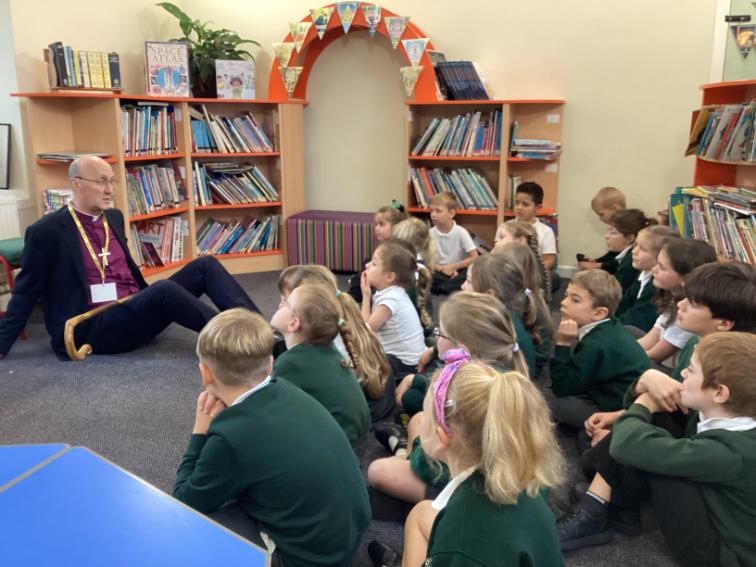Our Curriculum at Timberscombe First School
In all areas of the curriculum, we aim to engage, motivate and stretch each child. We do this by providing stimulating lessons that are purposeful, enjoyable and responsive to each child.

What does your child learn at school each day?
In all areas of the curriculum, we aim to engage, motivate and stretch each child. We do this by providing stimulating lessons that are purposeful, enjoyable and responsive to each child.
In all areas of the curriculum, we aim to engage, motivate and stretch each child. We do this by providing stimulating lessons that are purposeful, enjoyable and responsive to each child. Whenever possible, the children are active in their learning and we aim to give a wide range of real experiences to broaden the children’s thinking.
Sharing ideas is a core part of the learning process for all ages and the children are involved in questioning, explaining their observations and discussions with their peers and teachers. We encourage our pupils to use their imaginations and to ‘have a go’. We believe that being self-reliant and flexible in their thinking will be a lifelong asset.
We are following the 2014 National Curriculum Programme of Study on a two-year rolling programme which can be found in our Teaching and Learning Policy. The academic year 2023 - 2024 falls into cycle 2. The Curriculum Maps, which you can find in the class pages, show what each class will be covering during the Autumn Term.
Reading and Phonics Programme - Little Wandle
At Timberscombe, St Dubricius and Dunster First Schools, we use the Little Wandle synthetic phonics to give your child the best possible start with their literacy.
How is Little Wandle taught?
From Preschool to Year 1, children are taught to read using synthetic phonic sounds. They will learn the single letter phonemes alongside digraphs (double letter phonemes e.g. ea as in sea) and trigraphs (tripleletter phonemes e.g. igh as in light) and how to blend them together to read words. Alongside these sounds, children are taught 'tricky words' which are those words which are not phonetically decodable. Children will be encouraged to use their sounds to build words within their writing.
When will my child begin to read?
Once children are blending sounds independently to read words,they will take home their first reading book. They will read this book for a minimum of three times which will give them a chance to decode words, practise reading for fluency and then answer questions about their book o aid comprehension skills. Books will be sent home to read with your child that link to the phonics sounds they are learning.
How will my child's reading be monitored?
Children will be assessed half termly against the sounds that they have been taught. From this assessment, teachers will be able to place children on the correct level reading books and provide extra support if needed.

Religious Education
We follow the Jigsaw RE scheme for our Religious Education curriculum which comprehensively covers Somerset’s Awareness Mystery and Value syllabus and Understanding Christianity, published by RE Today. These resources guide our exploration of religious topics, promoting understanding and respect for diverse faiths.
Parents and carers have the right to withdrawal their child from all or parts of the RE curriculum. If you would like to exercise this right for your child please contact your child's class teacher or their Head of School.
For further information about any of our curriculum areas please contact the school office with your enquiry.
Policy Documents
Timberscombe School Curriculum Maps
Related FAQs
Can't find the answer here?
Latest News & Events
Keep up with all the latest news articles, guides and insights from around the Moorland Federation.

Beginners Trampolining
.JPG)
An Evening with Trauma Informed Schools & Communities

Robinson Crusoe Panto
.jpg)
Evening Talking Cafe
.jpg)
Talking Cafe
.JPG)
















.jpg)
.jpg)
.jpg)


